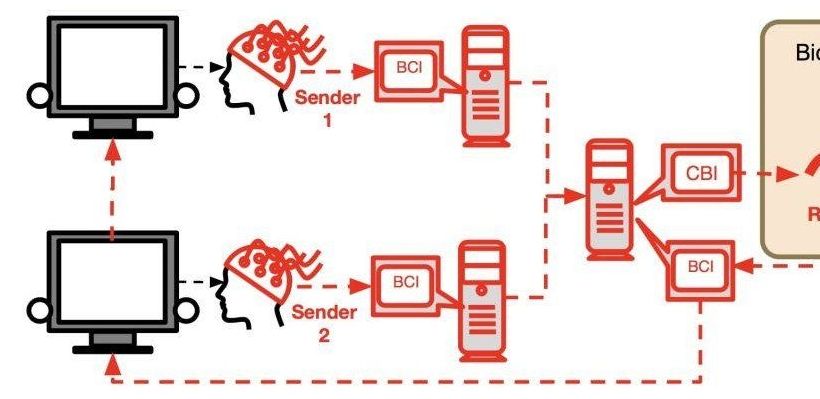
Publication science is struggling to keep up. “Research in this area is not fast-moving,” says Sara Schroter, a senior researcher at The BMJ. In a recent Nature opinion piece, Rennie called for rigorous studies to demonstrate the pros and cons of many new developments, including open peer review and preprints. In JAMA, he and Executive Managing Editor Annette Flanagin lamented that few people are studying “important issues and threats to the scientific enterprise, such as reproducibility, fake peer review, and predatory journals.”
Decades spent studying peer review, publication bias, and more have challenged the status quo, but journalologists say they have a long way to go.
Read more
















